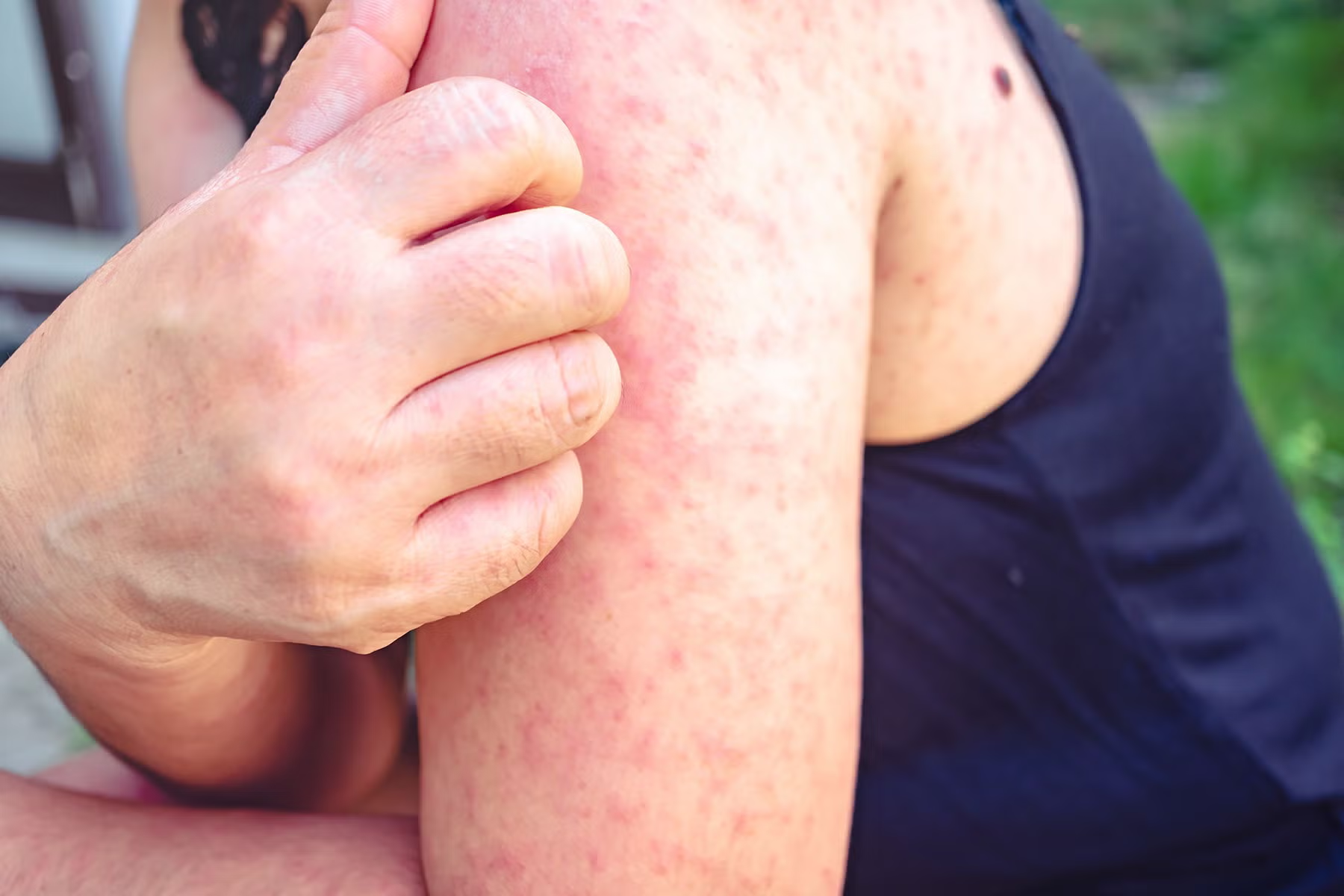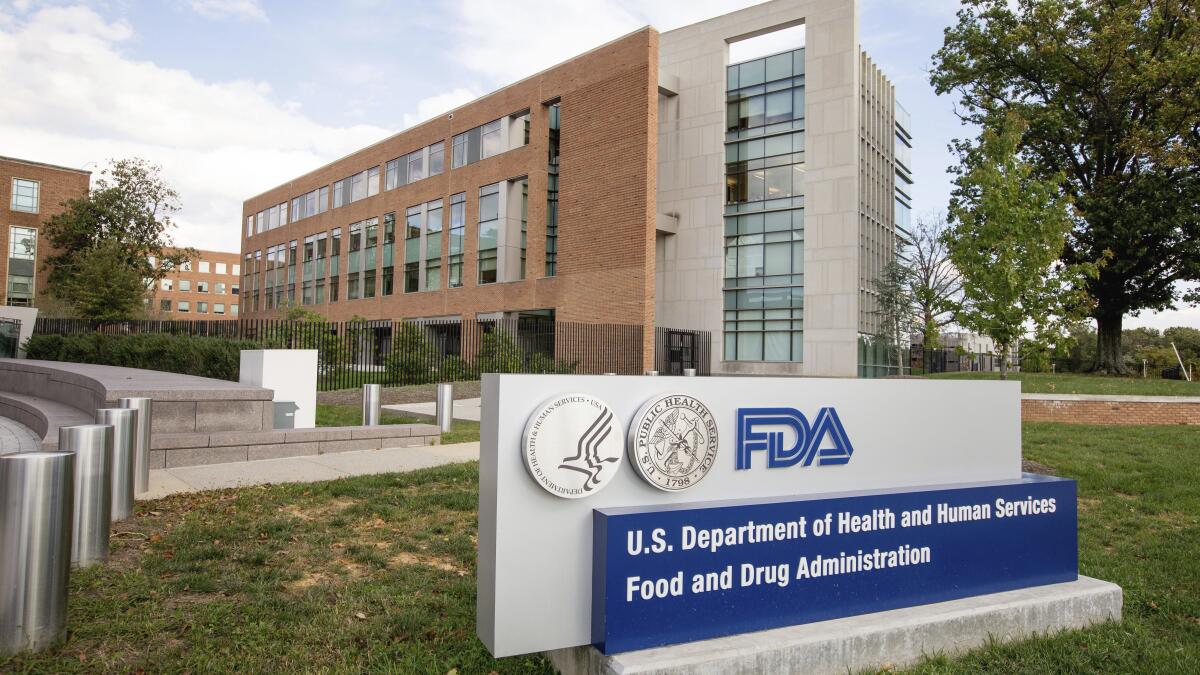
In recent times, the United States has faced a resurgence of measles cases, reminding us of the importance of taking proactive measures to safeguard our health. Despite being considered a preventable disease due to effective vaccines, measles outbreaks have re-emerged in several regions, largely attributed to vaccine hesitancy and gaps in herd immunity. Understanding how to protect yourself and your loved ones during these outbreaks is more critical than ever. Below, we explore practical strategies and essential information to help you stay safe from measles.
Understanding the Current Measles Situation in the US
The Centers for Disease Control and Prevention (CDC) reports sporadic but concerning increases in measles cases across the nation. Many of these outbreaks are linked to unvaccinated populations or travelers who bring the disease into communities with low immunity levels. Measles is highly contagious, spreading through respiratory droplets when an infected person coughs or sneezes. Given this, preventing infection requires vigilance and strategic action.
By reviewing recent data and insights from reputable sources like the Times of India— we can derive effective practices to ensure your safety and minimize risk during this ongoing threat.
Key Strategies to Protect Yourself & Your Family
1. Ensure Complete Vaccination
The most effective way to prevent measles infection is through vaccination. The MMR (measles, mumps, rubella) vaccine provides immunity and has proven to be safe and highly effective. According to CDC guidelines:
- Children should receive two doses of the MMR vaccine, with the first dose at 12-15 months and the second at 4-6 years.
- Adults who are unvaccinated or lack evidence of immunity should also get vaccinated.
- In outbreak areas, vaccination coverage should be maintained above 95% to prevent the spread.
Important: Do not delay vaccination, especially during outbreaks. Consult your healthcare provider for personalized recommendations.
2. Practice Good Hygiene and Respiratory Etiquette
Measles virus can spread through droplets; hence, maintaining good hygiene is critical:
- Wash your hands frequently with soap and water for at least 20 seconds.
- Use hand sanitizer containing at least 60% alcohol when soap isn’t available.
- Avoid touching your face, especially eyes, nose, and mouth.
- Cover your mouth and nose with a tissue or your elbow when coughing or sneezing.
- Dispose of used tissues properly and wash hands immediately afterward.
These simple habits can significantly reduce the risk of viral transmission in everyday settings.
3. Limit Exposure in Crowded Places
During outbreaks, it’s wise to avoid crowded environments such as concerts, large gatherings, or public transportation when possible. The higher the density of unvaccinated individuals, the greater the risk of infection. If you must be in such spaces:
- Stay alert for any symptoms of measles.
- Maintain physical distance from individuals who appear ill.
- Wear a well-fitting mask if recommended by health authorities.
Reducing your exposure time and maintaining distance helps protect vulnerable groups like infants, pregnant women, and immunocompromised individuals.
4. Be Vigilant About Symptoms and Seek Early Intervention
Recognizing the symptoms of measles early can make a significant difference in treatment and containment:
- Initial symptoms: Fever, cough, runny nose, and red eyes.
- Later symptoms: Koplik spots (tiny white spots inside the mouth) followed by a rash spreading over the body.
If you or someone in your household develops symptoms suggestive of measles, seek medical attention promptly. Early diagnosis can not only improve outcomes but also prevent further spread.
5. Stay Informed and Follow Public Health Recommendations
Keeping yourself updated on the current measles status in your community is essential. Follow information from:
- Local health authorities
- The CDC
- Trusted news sources
During outbreaks, authorities may issue advisories, recommend vaccination clinics, or impose temporary restrictions. Adhering to these guidelines enhances your safety and helps control the spread.
Additional Tips and Precautions
Beyond these primary strategies, consider the following:
- Travel prudent: Be aware of measles outbreaks in regions you plan to visit or transit through. Ensure vaccinations are up to date before traveling.
- Maintain a healthy immune system: Get adequate sleep, eat nutritious food, and manage chronic conditions effectively to support your immune function.
- Educate yourself and others: Spread awareness about the importance of vaccination and hygiene practices to foster community protection.
Conclusion
As measles outbreaks continue to pose a threat across various parts of the US, taking these straightforward but effective measures becomes essential. Vaccination remains the cornerstone of prevention, complemented by good hygiene, cautious behavior, and staying informed. Protect yourself, your family, and your community by proactively implementing these tips, and remember that vigilance today can prevent serious health consequences tomorrow.
For more updated news please keep visiting Prime News World.









